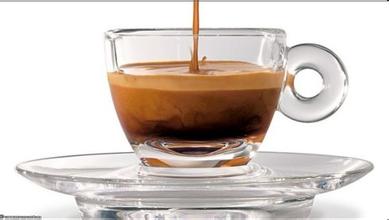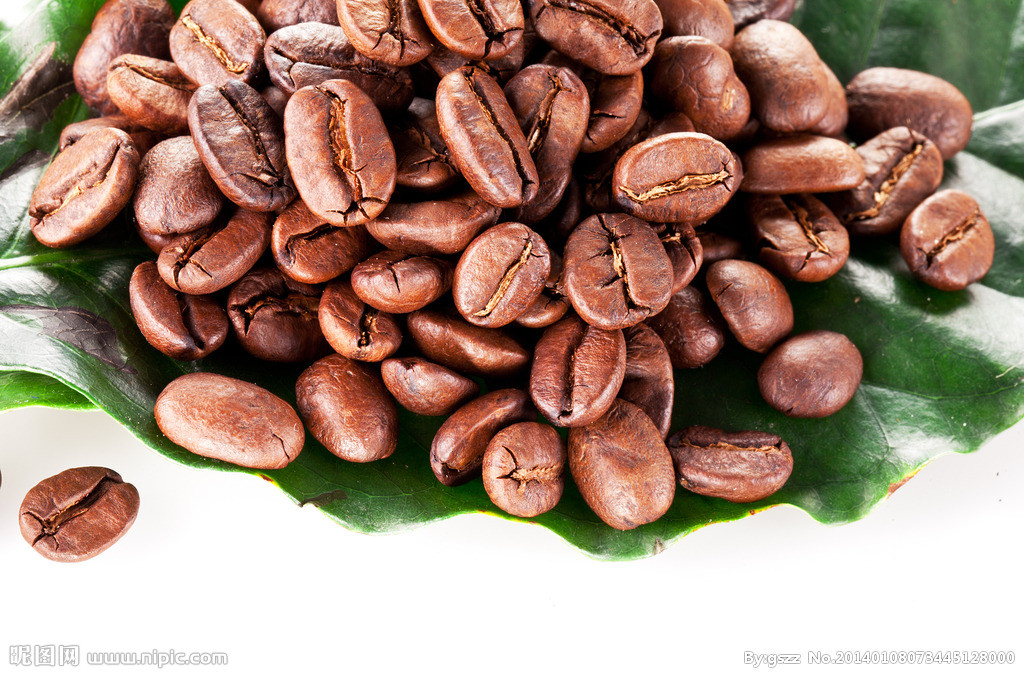Knowledge | 12 factors affecting the taste of Espresso what affects the quality of Espresso?
The production of Espresso is an art that requires precision and patience. Maybe it's because there are so many factors that affect the production of Espresso that we can have a lot of fun when we use our brains and emotional hearts to control its complexity. The following 12 factors and problems will directly affect the perfection of Espresso!

1. Matching
It is impossible to make a good Espresso without a good coffee mix. Coffee must be matched with the sweetness, aroma and lubrication required by Espresso. Coffee beans must be fresh. We recommend using coffee beans within 4 days after baking.
two。 Baking
Deeply baked beans will taste bitter and scorched. Experienced bakers will use shallow baking to keep Espresso sweet.
3. Ground beans
You must monitor the whole grinding process, and the thickness of the powder can keep the extraction process between 25 and 30 seconds.
4. Bean grinder
A high quality bean grinder must be used. Cone-shaped grinding plates are more average and have a longer life than flat ones, and coffee is not heated during grinding. If the grinding plate is heated, the coffee will lose its flavor. Professionals believe that the combination of conical and parallel grinding disc is the best design.
5. Distribution
In the filter handle, before pressing the powder, the coffee powder must be evenly distributed in the filter of the handle.
6. Pressing powder
First use 5 pounds of pressure powder once, then press once with 30 pounds of pressure, and then rotate 720 °with 20 pounds of pressure to make the powder surface smooth and smooth.
7. Water temperature
The water temperature must be stabilized at 92-96 °C. When choosing Espresso machine, we must pay attention to the stability of water temperature and water temperature.
8. Hydraulic pressure
The water pressure passing through the Espresso should be between 9 and 10 atmospheric pressure. This pressure is guaranteed to produce foam.
9. Absorb time
The absorption time for making two 1-ounce cups of Espresso should be between 25 and 30 seconds. In addition to time, if the color of the Espresso starts to fade, you should end the production process. The goal should be to produce a dark red Espresso within 25-30 seconds without changing color.
10. Machine cleaning
This is the biggest problem of doing Espresso today. If the machine, filter and filter handle are not cleaned frequently, the Espresso will smell of rotten oil.
11. Espresso Cup
Espresso cups are preheated with a different heat source from the coffee maker. If the hot water of the machine is used to preheat the cup, the temperature of the boiler of the machine will be lowered, so that the Espresso produced is uneven. Espresso cups apply thick walls and narrow mouths to maintain heat and aroma.
twelve。 Practice
Operational exercises and practices are very important. The key to Espresso is that you always recognize Espresso.
The article comes from the official account of the coffee workshop.
Important Notice :
前街咖啡 FrontStreet Coffee has moved to new addredd:
FrontStreet Coffee Address: 315,Donghua East Road,GuangZhou
Tel:020 38364473
- Prev

The rules for tasting good coffee how to taste good coffee and what are the steps for tasting good coffee?
With a sip of coffee in your throat, apart from bitterness, what other taste do you get? Don't rush to add sugar, cream, or milk, good coffee is worth waking up all your taste buds and savoring its original taste. Freshness is the basic condition of good coffee, which in turn requires the quality of baking and brewing. When you walk into a cafe, but you can't smell the coffee, I advise you to turn around and leave, because you can find good coffee here.
- Next
What is monkey coffee? Can I drink it? Introduction to the production process and flavor of monkey coffee
There is even monkey coffee in this world. Editor, I see this and your mood is the same, the whole face is very curious. What is jpg Monkey Coffee? It's made in Chikmagalul, India. Isn't there a rhesus in India? so, there are rhesus monkeys, probably growing along the river. This kind of rhesus monkeys will sneak into coffee plantations and play monkeys.
Related
- Beginners will see the "Coffee pull flower" guide!
- What is the difference between ice blog purified milk and ordinary milk coffee?
- Why is the Philippines the largest producer of crops in Liberia?
- For coffee extraction, should the fine powder be retained?
- How does extracted espresso fill pressed powder? How much strength does it take to press the powder?
- How to make jasmine cold extract coffee? Is the jasmine + latte good?
- Will this little toy really make the coffee taste better? How does Lily Drip affect coffee extraction?
- Will the action of slapping the filter cup also affect coffee extraction?
- What's the difference between powder-to-water ratio and powder-to-liquid ratio?
- What is the Ethiopian local species? What does it have to do with Heirloom native species?

